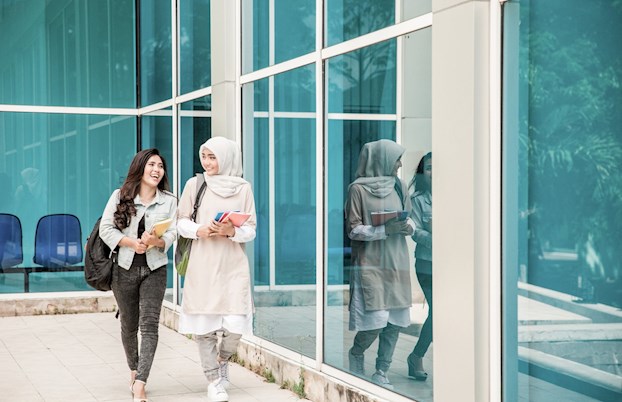Author: John Watson

Last month, we encouraged embracing change by actively seeking conversations with the "owners" of the risks on your higher education campus. Building on that theme, we encourage you to share with your Gallagher account team all the proposed changes to your campus business model in response to financial pressures from the COVID-19 pandemic. While some of the changes could reduce insurance risks, others might create additional risks or be uninsurable.
By being proactive in your discussions with your higher education account team you will be able to circle back to the various campus decision makers early in their decision-making to communicate with them how their proposals could impact institutional operational risks and the cost of the financial transfer of the risk.
To help you to identify potential risk owners, we offer the following compilation of activities that have come to our attention in conversations with higher education clients over the last few months.
- Virtual labs, especially when the faculty or lab assistants prepare and distribute in-house developed experiential learning kits to the students without input from your campus EH&S, legal, or other key evaluators of risks from appropriate packaging and shipping processes to safety training syllabus, to the proper disposal of the used substances and used tools including sharps.
- Similar risks from the toxicity or flammability of materials or processes associated with art studio activities.
- eSports, especially risk associated with conduct issues and repetitive motion injuries when conducted virtually.
- Ransomware attacks continue to be in the news. What awareness training is provided to remote workers, and what operational protocols are in place to reduce the risks?
- New or revised acknowledgment, waiver or release forms for both existing and new programs and activities, including international educational activities and sports.
- Remote delivery methods, including but not limited to mental health counseling services, medical support to students, programs involving minors, and physical activities such as workouts/practices for athletics, dance and PE classes.
- Unique donor relations activities such as virtual wine pairing events and the folks in donor relations proposing to purchase and distribute the wine to those that have "purchased" tickets. Might this be classified in your state as the sale of alcohol? What about host liquor liability when the guests are remote?
- The modification of practices regarding social justice and free-speech rights in response to activities from 2020 by the Dean of Students Office.
The above list is not intended to be comprehensive, but is intended to assist you with thinking creatively about the shifting dynamics of risks potentially impacting your campus. We encourage you to have regular conversations with your higher education account team to avoid surprises both from coverage and premium perspectives.
For more information from our team, view the Gallagher Higher Education Resource Library.

